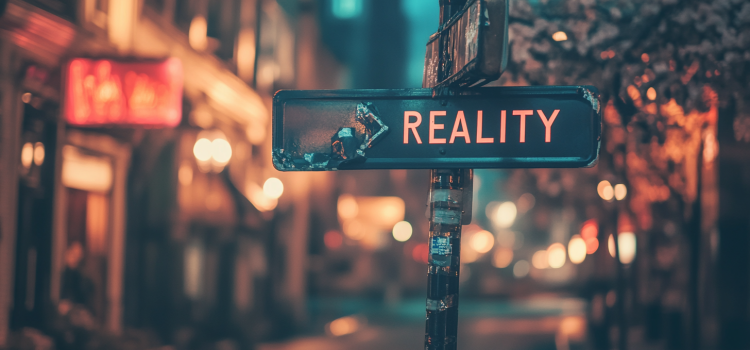Do remote workers just watch TV all day? How important is company culture? When it comes to remote work, many companies are hesitant to adopt the practice because of common myths about remote work. In their book Remote, Fried and Hansson discuss and debunk those myths. Keep reading to learn why remote work is a good option for employers.
4 Common Myths About Remote Work—Debunked!










